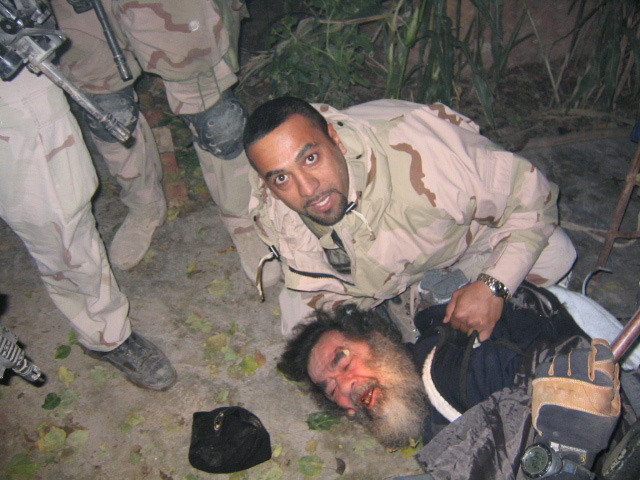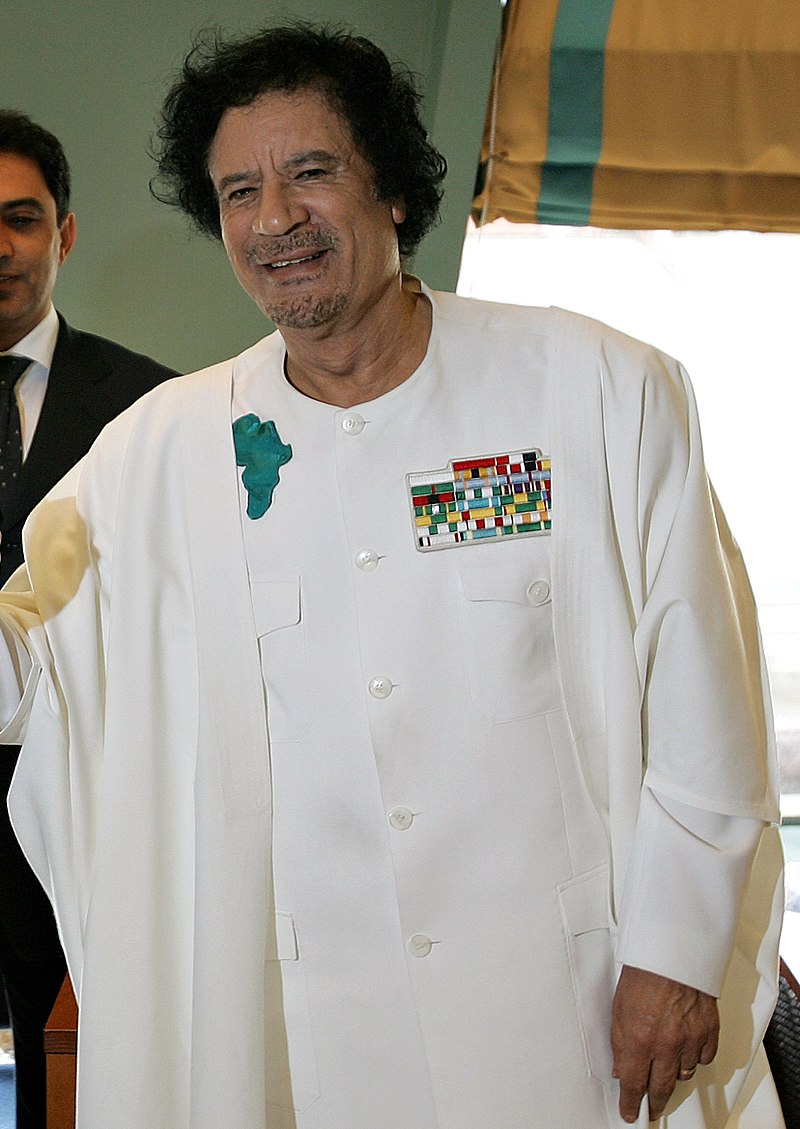Trump heightens war stakes with N. Korea
By Alex Davidson
President Trump’s belligerent rhetoric and his threat of nuclear war on North Korea cannot be dismissed as just another crazy tweet.
Some 64 years ago during the Korean War the United States, using the fig leaf of the united Nations, considered the use of nuclear weapons against North Korea and General McArthur wanted to turn it into full-scale war against China.
During the lengthy Panmunjom “peace” talks the American side kept changing their negotiating positions because they wanted to gain more ground before coming to a settlement. For two years they lied about their intentions and kept the western mainstream media in the dark. It was only through the reportage of journalists, Alan Winnington of the Daily Worker and Ce Soir’s Wilfred Burchett, that the truth eventually became known. [i]
In his study of war correspondents, The First Casualty, Philip Knightley, wrote that "in Korea, the truth was that Burchett and Winnington were a better source of news than the UN information officers, and if the allied reporters did not see them they risked being beaten on stories". [ii]
One result of this was that the British Cabinet discussed what they regarded as treasonous behaviour by Winnington and he may well have faced the gallows. The British authorities withdrew his passport and he couldn’t return to Britain.
North Korea emerged from the war into a living nightmare after three years of “rain and ruin” by the US Air Force. Pyongyang had been razed to the ground with the US Air Force stating in official documents that the North’s cities suffered greater damage than German and Japanese cities firebombed during World War 2.
The historical and duplicitous behaviour of the Americans along with their aggressive war manoeuvres and huge arc of armaments around North Korea is what makes the North Koreans understandably anxious.
The US-South Korea joint military manoeuvres, called Ulichi-Freedom Guardian, involve some 80,000 troops; includes the Michigan, a submarine with Tomahawk cruise missiles docked in South Korea’s port of Busan; and work started on Thaad. [iii] Thaad is a first-strike weapon that can reach China. As well as Chinese and Russian opposition there is considerable opposition in South Korea to the deployment of Thaad as it is seen as an offensive weapon, despite its name, and ratchetts up the possibility of war.
The North Koreans also see what happened to Saddam Hussein and Colonel Gadaafi. As former Nato Supreme Allied Commander in Europe (2009-2013), Admiral James Stavridis, commented, “There is nothing irrational about Kim Jong-un’s behaviour as he has seen what happened to Saddam and Gadaffi.”
Saddam and Gadaffi were also demonised before the US wars were launched to effect regime-change. The North Koreans have similarly been demonised over many years, by selective news coverage and vilification, to prepare the people of the west for war on Korea.
When China and Russia did not veto the UN Security Council resolution on sanctions against North Korea presumably it was because they thought it would help to keep the peace. Instead of which, before the ink was dry on the paper, and increased sanctions had time to take effect, Trump ramped up the rhetoric with his “fire and fury”. However, it may well be more than rhetoric.
When German Chancellor Angela Merkel called for a tempering of language she expressed what many people know: you can talk yourself into war.
White House Chief Strategist, Steve Bannon, was relieved of his post by Trump in a further example of the Trump’s administration’s blood-letting. Bannon wasn’t dismissed for his views on Charlottville because on that he supported Trump’s statements nor for his general “alt-right” views. However, he did say that there was “no military solution” for North Korea’s nuclear threats and dubbed the tensions with Pyongyang as a “sideshow” compared to the importance of what he called the “economic war with China”. Bannon’s view was rebuffed by Secretary of State Rex Tillerson and Defense Secretary Jim Mattis and next day Bannon was out.
[i] See Winnington A., Breakfast with Mao: Memoirs of a Foreign Correspondent, Lawrence and Wishart, London, 1986; and Winnington A., I Saw the Truth in Korea, 1950; Burchett W., At the Barricades: The Memoirs of a Rebel Journalist.
[ii] Knightly P., The First Casualty: The War Correspondent as Hero and Myth-Maker from Crimea to Kosovo, p 388, Prion, London, 2000.
[iii] Thaad stands for Terminal High Altitude Defence System but is widely regarded as an offensive system.

US soldiers capture Saddam Hussein who was executed in 2006.

Muammar Gaddafi was murdered by US-supported rebels in 2011

Kim Jong-un. Is he the USA's next demonised target?






